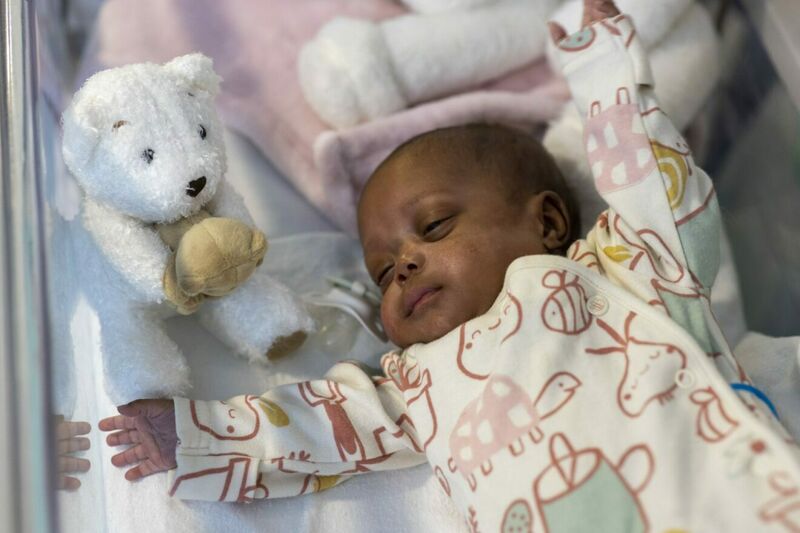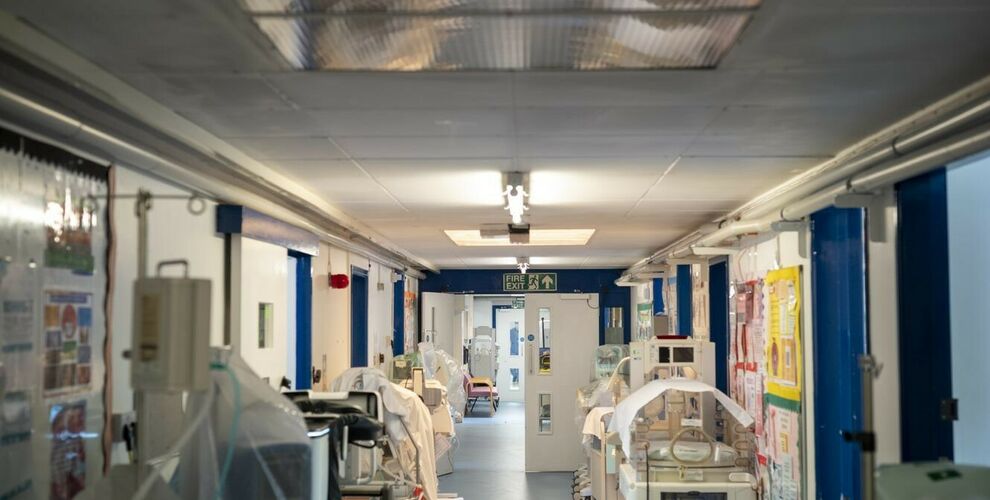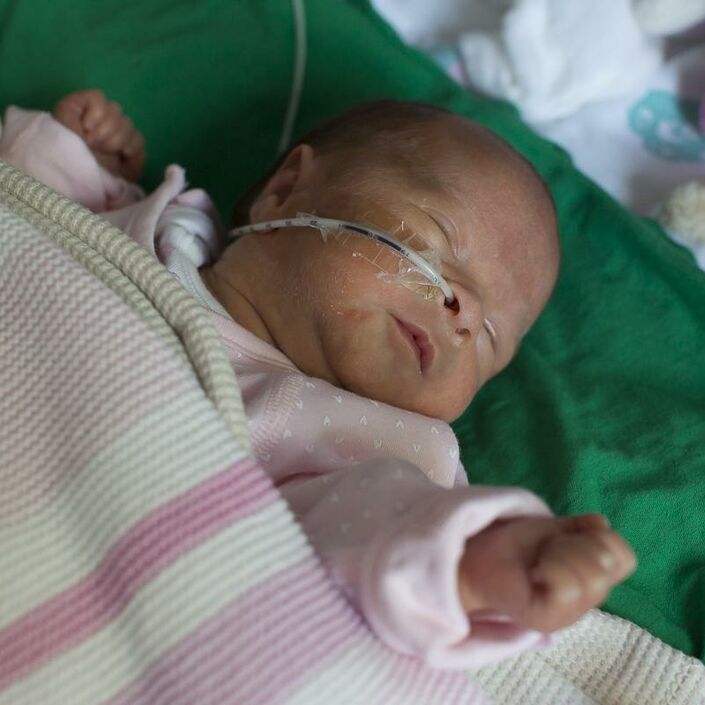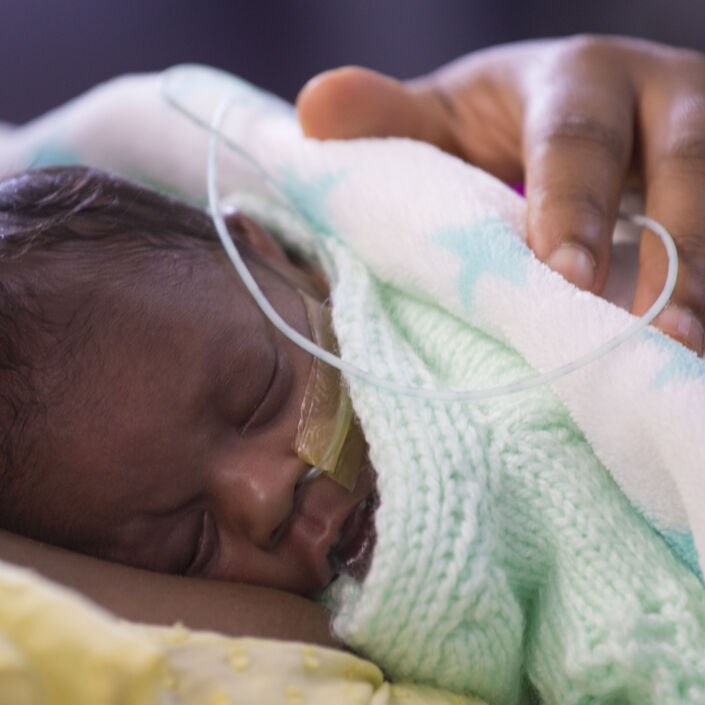During the pandemic, we campaigned tirelessly for neonatal units to protect family involvement in care:
- Nearly 4000 people joined our COVID-19 focused Parents Aren’t Visitors campaign calling on UK Governments and health services to return to unrestricted parent access and provide better financial support for families during the pandemic.
- Met with Parliamentarians, Ministers and Health service leaders to push for parent access and involvement in care to be restored.
- Developed a position statement for neonatal services which helped some health services make their policies more flexible.
Our campaigning supported changes to national and local guidance during the pandemic.
Bliss is one of 13 pregnancy and baby charities who are Core Participants in the UK Covid-19 Inquiry. This gives us special rights in the Inquiry process, including being represented, making legal submissions and suggesting questions to the Inquiry.
The UK Covid-19 Inquiry is an independent inquiry set up to examine the UK’s response to and the impact of the COVID-19 pandemic and learn lessons for the future.
Most importantly, it will mean that decisions made during the pandemic relating to pregnancy, antenatal, maternity, neonatal and postnatal care will be scrutinised, and the experiences of families and their babies heard and listened to.



